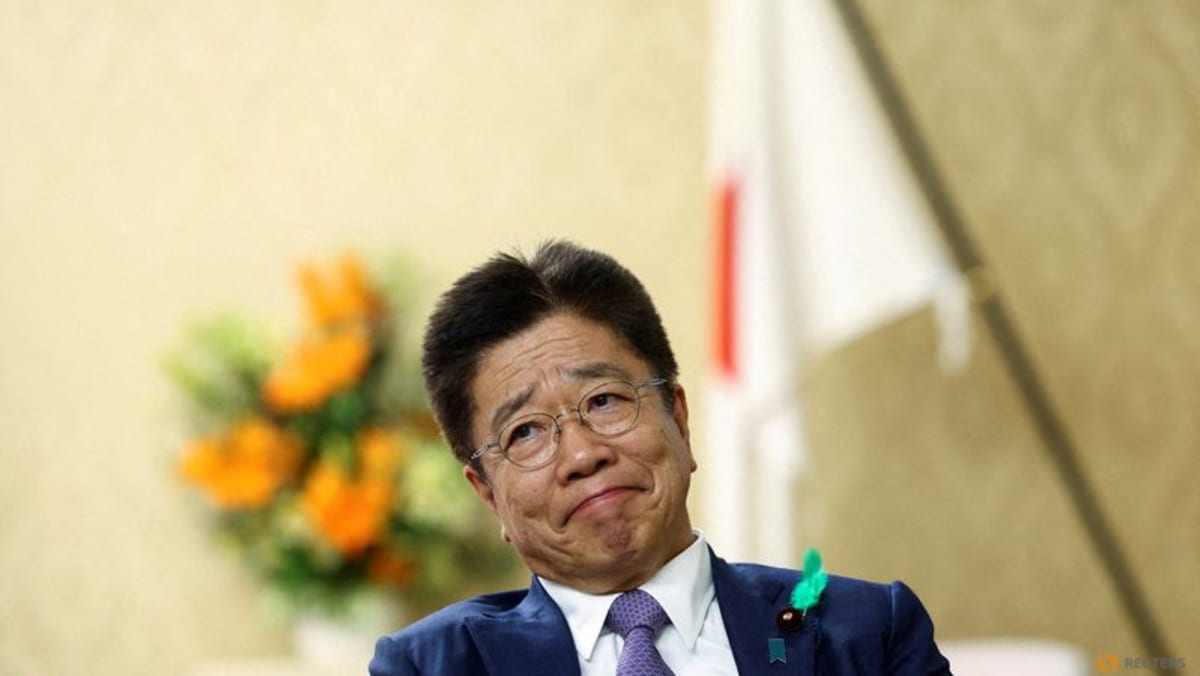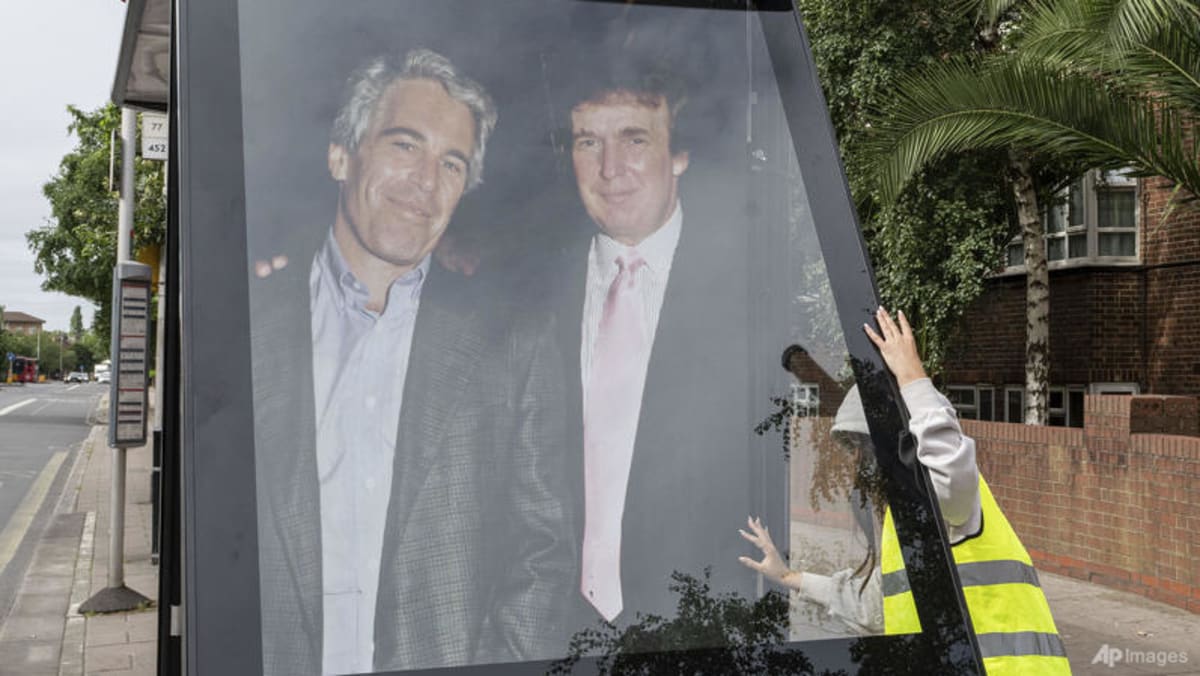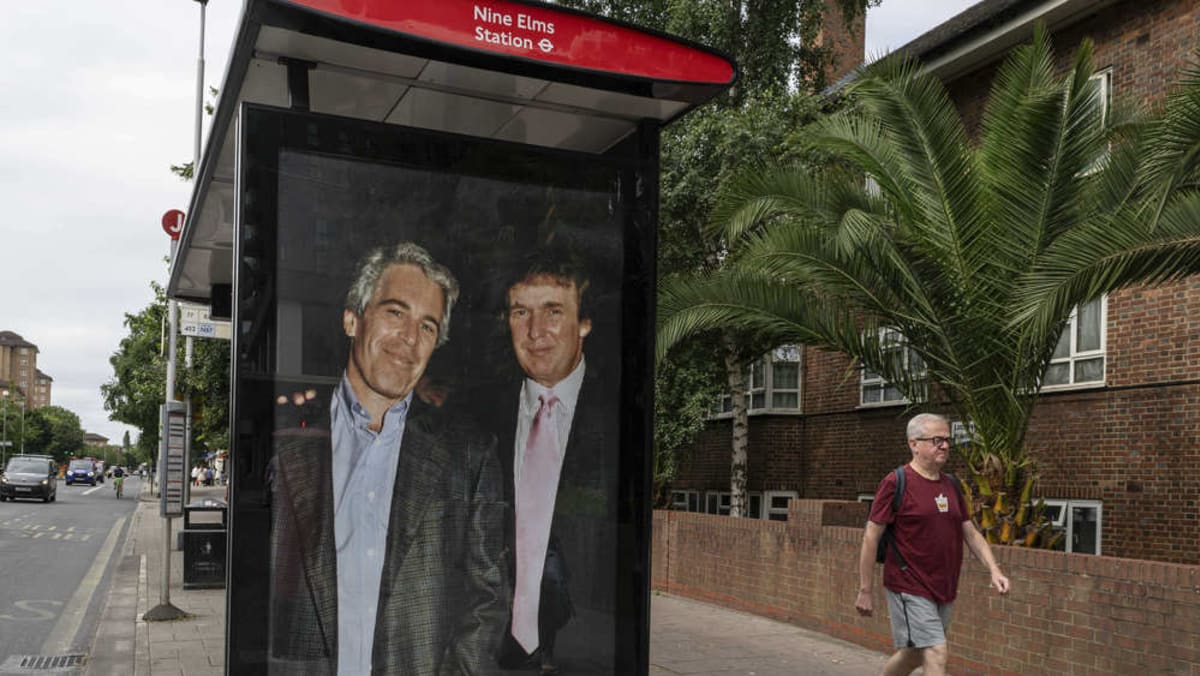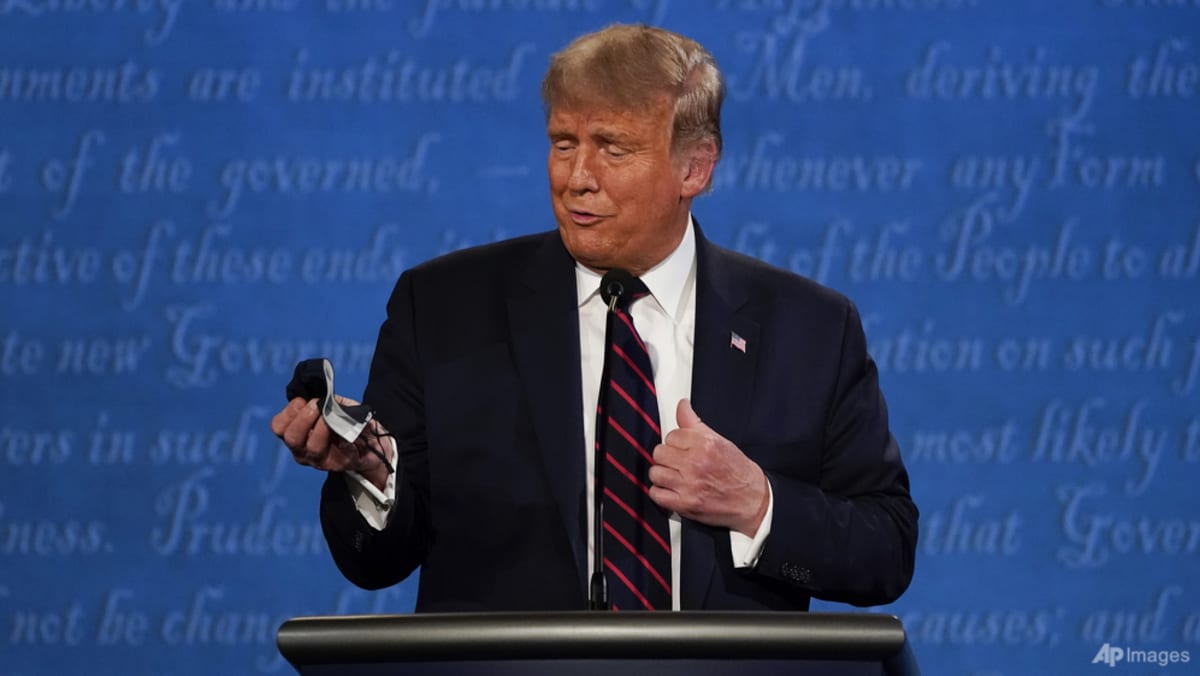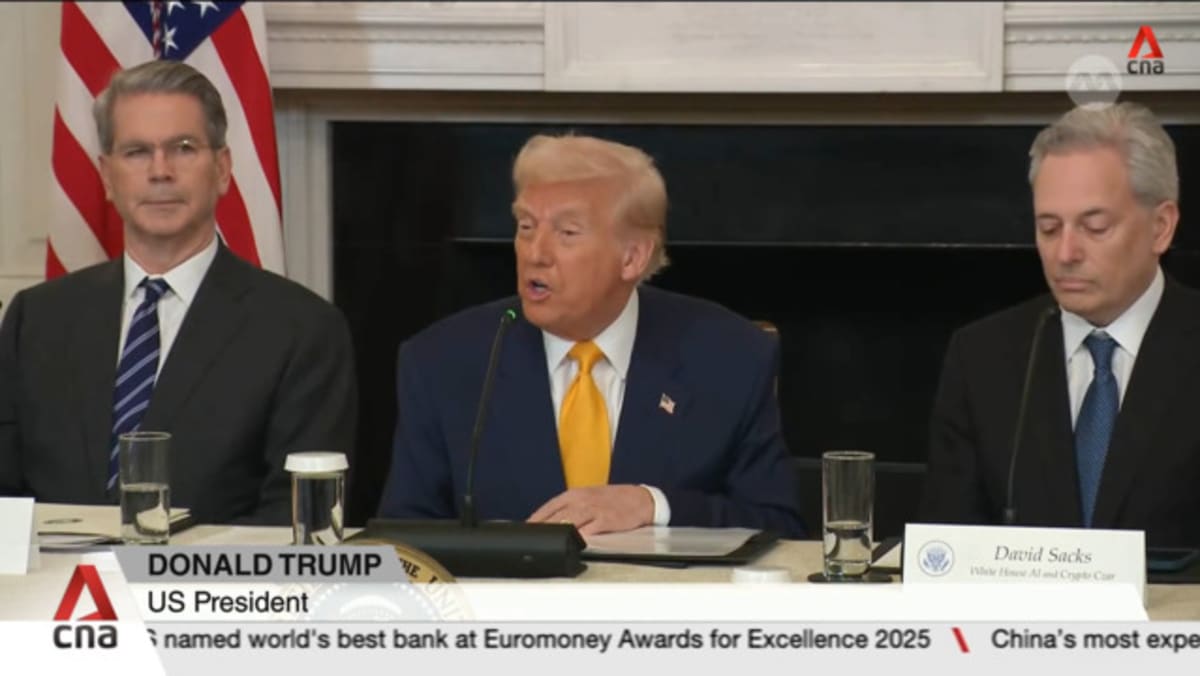Kato’s remarks contrast with those he made last month, when he ruled out using Japan’s US Treasury holdings in trade negotiations.
On Friday, Kato declined to comment on whether Tokyo’s US bond holdings came up in his bilateral meeting with Treasury Secretary Scott Bessent last week.
However, he said the huge market sell-off in Treasuries in April likely affected Washington’s approach in talks with Japan.
Japan’s and China’s presence in the Treasury market makes them a huge point of attention whenever US yields spike, although little is known about their trading activity.
While Japan, as a close US ally, is seen as less likely to use its Treasury holdings as a bargaining tool, some analysts speculate that China may liquidate its holdings as a “nuclear” option as trade tensions with the US escalate.
So far, there are few signs of such a sell-off. Foreign holdings of US Treasuries rose 3.4 per cent in February, data from the Treasury Department showed last month, with the two largest owners, Japan and China, building up their US debt positions.
But even hints of their huge market presence could be a key weapon for Japan, which otherwise has little leverage due to its economy’s huge reliance on the US car market.
“Playing the card early, while the US bond market is in the minds of the administration after recent weeks, is a smart move,” said Martin Whetton, head of financial markets strategy at Westpac in Sydney. “They don’t have to do anything. But they can put themselves in a solid position to negotiate. It is, after all, the art of the deal.”
Japan’s top trade negotiator, Ryosei Akazawa, said he deepened talks on trade, non-tariff measures and economic security cooperation in his second round of talks with Bessent in Washington on Thursday. He also said the two sides hoped to hold their next meeting in mid-May.





